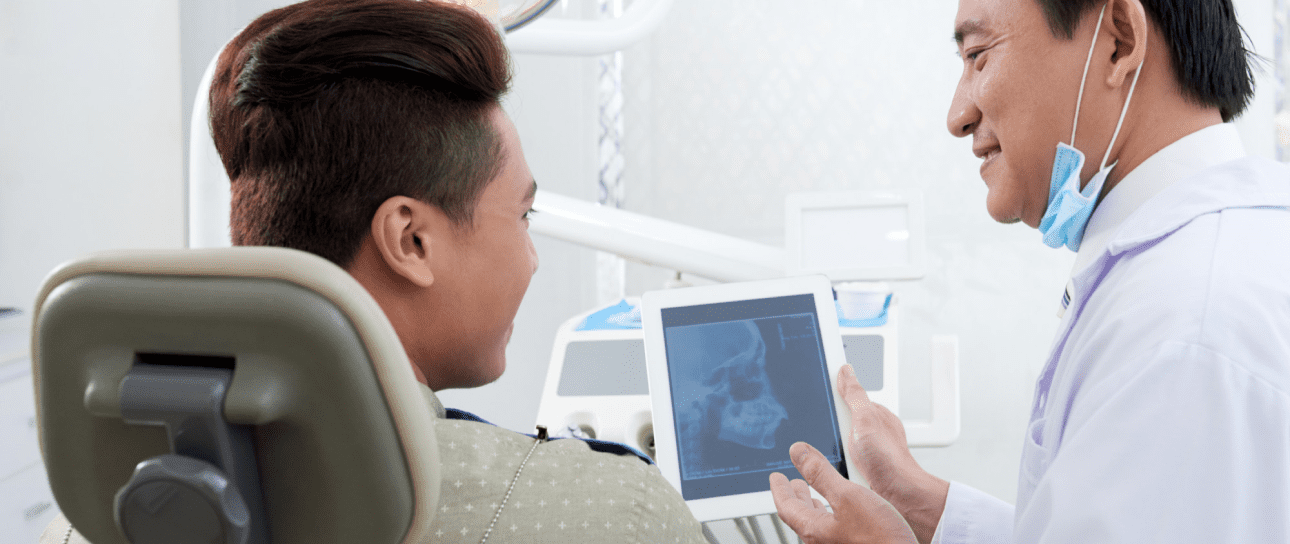
Jaw Surgery in Suwanee or Tucker, GA: A Comprehensive Guide

Introduction to Jaw Surgery Orthodontics
What is Jaw Surgery?
Purpose of Jaw Surgery
Jaw surgery focuses on improving both functionality and appearance for those with jaw misalignments. It plays a vital role in enhancing oral health and overall jaw function.

Improving functionality
Enhancing appearance
Importance of Jaw Surgery in Improving Oral Health and Facial Aesthetics
The Role of Jaw Surgery in Oral Health
When the jaw is out of alignment, it can disrupt everyday activities. Jaw surgery addresses:
The Role of Jaw Surgery in Facial Aesthetics
A well-aligned jaw plays a crucial role in enhancing facial symmetry and overall profile balance. Correcting structural concerns through jaw surgery can result in:
Common Conditions Requiring Jaw Surgery
Malocclusion Correction
with Jaw Surgery
Malocclusion, commonly referred to as a “bad bite” happens when the upper and lower jaws are not properly aligned, leading to issues with oral function and aesthetics. In more severe instances, corrective jaw surgery may be required.
Types of malocclusion
Addressing these problems enhances chewing, speech, and facial balance while helping to prevent long-term oral health concerns such as gum disease and irregular tooth wear.
Treatment methods
Significant malocclusion is addressed by:
Obstructive Sleep Apnea
Obstructive sleep apnea (OSA) occurs when the airway is blocked during sleep, leading to interrupted breathing and restless nights. For severe cases, jaw surgery can be a highly effective treatment option.
How jaw surgery helps OSA
Adjusting the upper and lower jaws helps expand the airway, targeting the underlying cause of blockages. Advantages include:
Surgical techniques
Jaw surgery for sleep apnea offers a lasting solution, enhancing overall health and lowering the dangers associated with untreated OSA.
Enhancing facial Aesthetics through Jaw Surgery
Jaw surgery enhances both functionality and facial appearance. Adjusting jaw alignment creates a more symmetrical and harmonious look.
Benefits for aesthetics
Jaw surgery enhances structural balance with precision, effectively addressing health issues.

Preparing for Jaw Surgery
Preparation plays a vital role in achieving the best possible outcomes. Patients often participate in pre-surgical assessments, which can involve orthodontic treatments or imaging procedures. These steps generally include:
Consultation with Oral and Maxillofacial Surgeon
Your surgeon will evaluate your facial and dental structure and explain the procedure thoroughly.
Orthodontic Treatment: Aligning Teeth Before Surgery
Orthodontic braces might be required to align the teeth correctly prior to surgery.
Follow Pre-Surgical Instructions
This may include dietary changes, stopping certain medications, and other health considerations.
Recovery and Aftercare
Healing and aftercare play a crucial role in the recovery journey, ensuring a seamless return to normal routines following surgery. This phase involves a blend of self-management, expert support, and following tailored instructions to achieve the best results. Careful preparation for aftercare is essential to avoid setbacks, sustain improvements, and foster long-term recovery. The sections below outline the main components that contribute to a smooth and successful healing process.
Post-operative pain management
Medication
Your doctor may prescribe medications such as over-the-counter pain relievers or prescribed medicine. Always take medications as directed to avoid complications.
Pain relief techniques
Techniques like heat or cold therapy, relaxation exercises, and light movement as advised to support pain management.

Dietary restrictions and oral hygiene
Dietary restrictions
Based on the type of surgery, you might need to stick to a soft or liquid diet to prevent putting strain on the surgical site. Be sure to follow your healthcare provider’s recommendations about which foods are safe to eat.
Oral hygiene
Cleanliness is key to preventing infection. Brush gently and follow any special instructions provided by your surgeon if your procedure involved the mouth or jaw.

Follow-up appointments
What to expect
During appointments, the surgical site will be examined, pain levels will be assessed, and imaging/studies may be performed to track progress. These visits are importanr for a timely and successful recovery.

Physical therapy and rehabilitation
Physical therapy sessions
Work with professionals who guide you through exercises tailored to your recovery needs and surgery type.
Rehabilitation exercises
Simple exercise, provided by your healthcare provider or therapist, help regain strength and flexibility over time.

Risks and Complications of Jaw Surgery
Like any medical procedure, jaw surgery carries risks and potential complications. While most risks are manageable, being informed helps patients take necessary precautions and make informed decisions.

Rehabilitation exercises
Potential risks may involve mild discomfort, swelling, or bleeding, as well as more severe issues like infections, nerve injury, or unexpected changes in bite alignment. These outcomes can arise due to factors like underlying health conditions, surgical complications, or variations in how individuals heal.
To reduce these risks, it’s crucial to have a detailed discussion with your surgeon. Gaining a clear understanding of the procedure, possible complications, and post-operative care promotes a smoother recovery and decreases the chances of adverse outcomes.
Conclusion
Jaw surgery, or orthognathic surgery, is essential for correcting jaw and facial irregularities, offering both functional improvements and enhanced aesthetics. At NK Orthodontics in Suwanee and Tucker, GA, Dr. Nick Kim, ensures expert care for improved health and quality of life.

Importance of jaw surgery

Benefits of jaw surgery

Future advancements in jaw surgery
Cutting-edge research is driving progress, enhancing patient outcomes:
Take Action
FAQ
What makes jaw surgery worth it?
Corrective jaw surgery delivers transformative benefits, addressing functionality such as chewing, breathing, and speaking, while also boosting self-confidence and appearance. The procedure often results in lasting oral health improvements, helps prevent potential future problems, and greatly enhances one’s overall quality of life.
First consultation – what to ask?
At your initial consultation, inquire about the specialist’s expertise, available treatment options, projected timelines, and expected outcomes. Talk about costs, payment plans, and any potential obstacles you may encounter during treatment. This discussion provides clarity on the process, helps you understand your care plan, and allows you to address any questions or concerns.